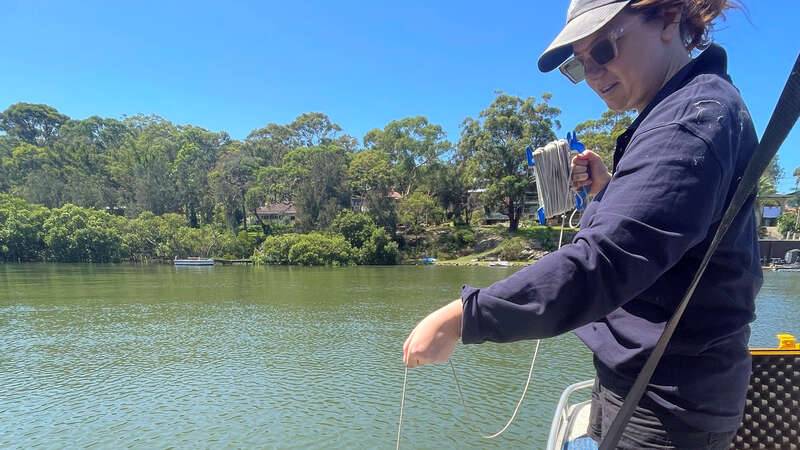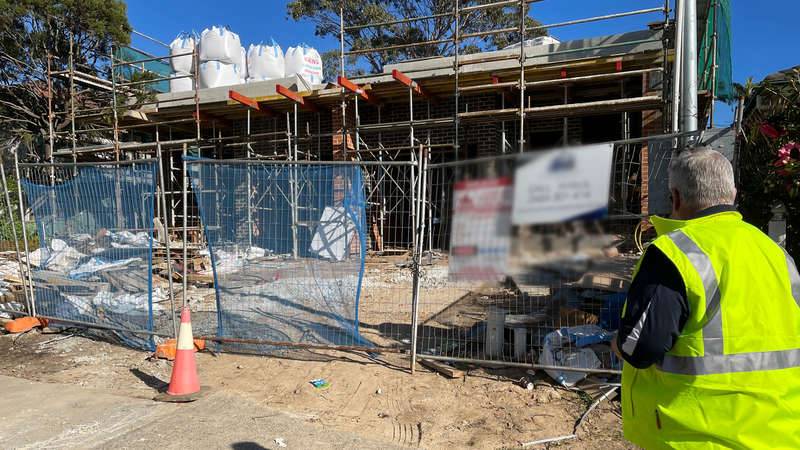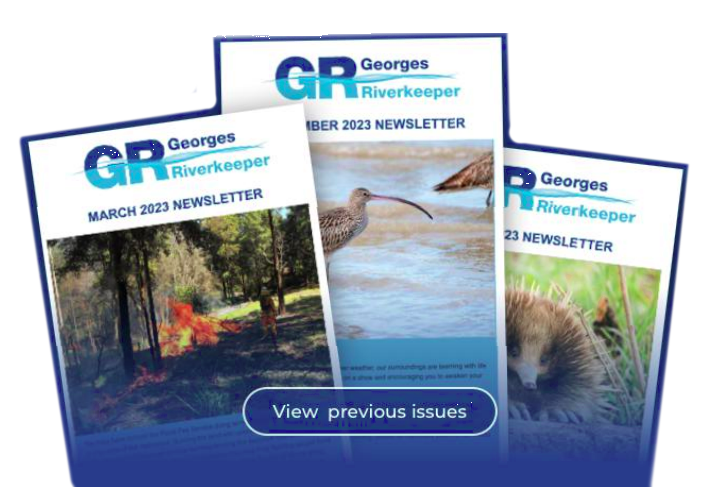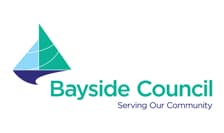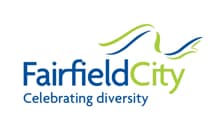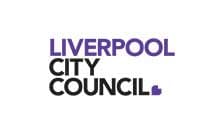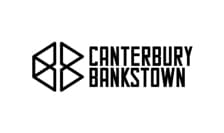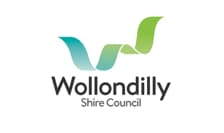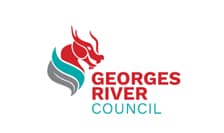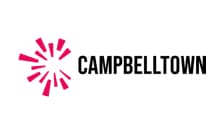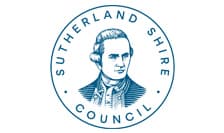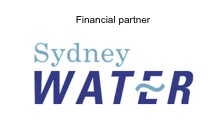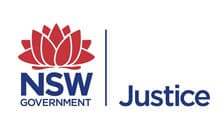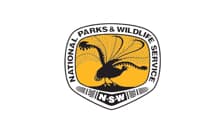Dr. David Reid: 5 year anniversary
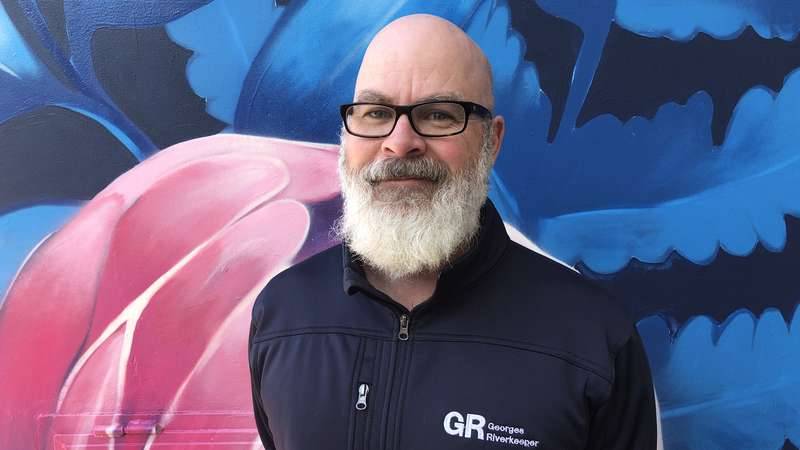
Five years is not a long time in river time, but this month Georges Riverkeeper's Aquatic Ecologist, Dr. David Reid is marking 5 years as a Riverkeeper. We don't sing the praises of those working for this organisation often enough. So, we thought it timely to give special mention to Dave for all his hard work. We also hope it gives you some background into how Georges Riverkeeer's programs have been developed.
Dr. David Reid began working at Georges Riverkeeper in mid-2015, as the River Health Coordinator. Upon arrival he was tasked with implementing the recommendations from the review of the River Health Program that was completed just before he arrived. A component of this was decoupling data collection from community engagement. In a later conference paper, Dave showed that supervised citizen scientists can provide valuable data. But, it was also acknowledged that it was difficult to meet the conflicting goals of attracting new citizen scientists and being able to provide certainty that the River Health data was of a consistently high standard. In addition to ensuring certainty that River Health data was robust, Dave also realised that there were other opportunities to expand upon his role to more fully utilise his knowledge and skills.
Under the River Health Program, Dave suggested a pivot to direct some resources from identifying the problem of urban stream degradation in Report Cards to supporting councils to identify solutions. He started pursuing the ambitious goal of developing Subcatchment Management Plans. The intent was to compile the evidence to support actions aimed at improving the poor condition of urban streams, as indicated in Report Cards. Dave wanted those Plans to be based on evidence at higher spatial resolutions than had previously been monitored. So, he worked with Carl Tippler (who formerly worked at Georges Riverkeeper) to customise the use of visual assessments for the Georges River catchment. Development of that tool has allowed the collection of a large amount of reach-scale information, which aligns with the scale of most council waterway management actions. Dave has worked with the Riverkeeper team and university interns to assess over 500 reaches across the catchment.
Dave also formalised the Research Program within the Georges Riverkeeper Strategic Plan. Georges Riverkeeper had already published research and attended appropriate conferences, to inform others of their work, keep abreast of developments in waterway management and build partnerships. But, formalisation of the Research Program facilitated strengthening partnerships with local universities. The inaugural cohort of three Honours students from UNSW completed their projects supported by Georges Riverkeeper in 2019. Dave further strengthened the partnership with universities through the development of internships to assist with River Health fieldwork. To consolidate all of the information about ecological research in the catchment, Dave completed a comprehensive literature review, with two publications from that work to be published soon.
During his time at Georges Riverkeeper, Dave became increasingly aware that informing the wider community about the importance of waterways was vital to overcoming challenges hindering effective management of urban waterways. He hoped that community support for waterway management initiatives could be expanded by developing a broad range of resources for different target audiences. Under the Education and Capacity Building Program, Dave worked with educators to develop information for Education Modules and initiated the development of Georges Riverkeeper factsheets.
Reflecting upon his time at Georges Riverkeeper, Dave said: "The role has provided a fantastic opportunity to work on some very interesting and rewarding projects, with some great people. Our role is to support the member councils in the great waterway management work that they are doing. Partnerships are really critical to that work, particularly partnerships with our member councils. I have worked to build those partnerships, which will facilitate working together to best manage the Georges River. There are many challenges with managing such a highly urbanised river, but I don’t think that there is any disagreement that the Georges River is a highly valued asset. By continuing to work together, continuing to build on the base of knowledge and using that to inform waterway management, the Georges River should continue to be a natural asset for the community to enjoy now and into the future."

